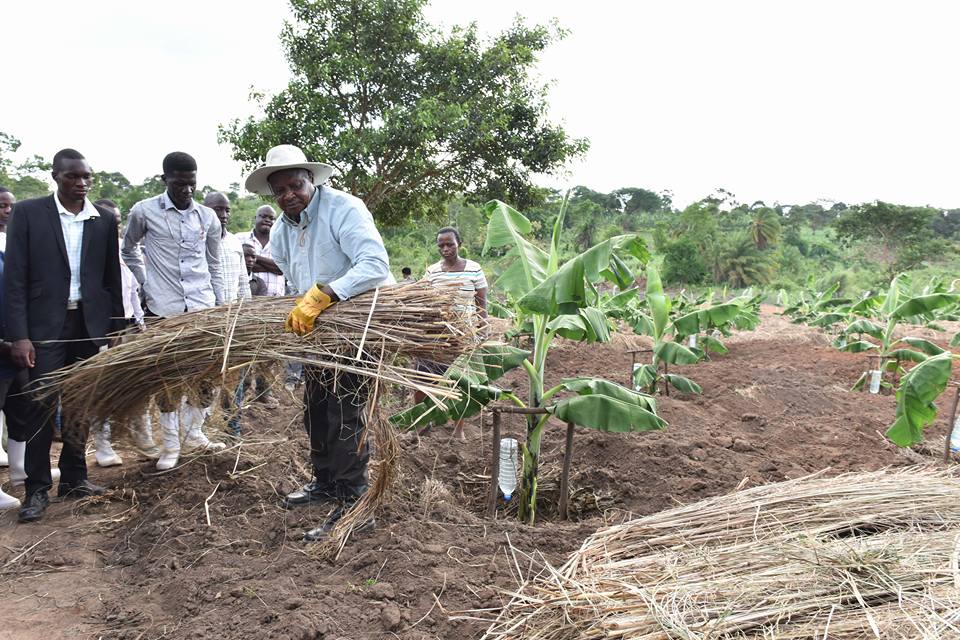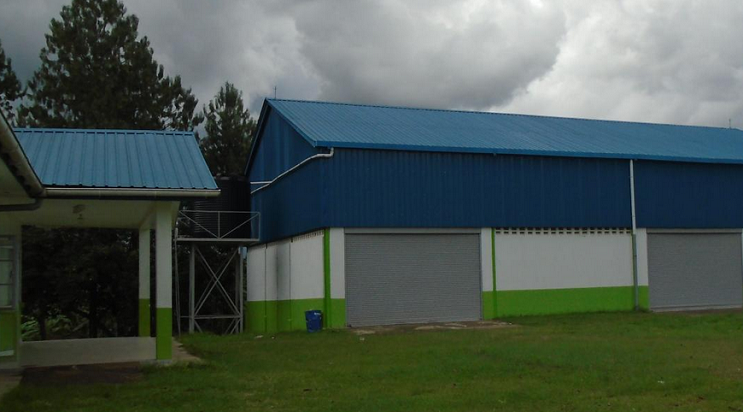Twaweza has been collecting data around citizens’ knowledge, opinions and behaviours around Covid-19 since May 2020
By Judith Kizza
The Ministry of Health and Twaweza are coming together to share critical information about Covid-19 and mental well-being amidst rising case numbers and fatalities in Uganda.
Twaweza collected data from citizens in Kampala to understand their knowledge about and actions around the virus. The most recent data were collected from 610 residents of Kampala in June 2021. Twaweza has been collecting data around citizens’ knowledge, opinions and behaviours around Covid-19 since May 2020 to support government efforts to combat the pandemic.
Almost all residents of Kampala (95%) are worried about the spread of Covid-19 in Uganda. But only half of them (42%) feel personally at risk of contracting the virus. If they do get sick, most Kampala residents are not confident of getting the treatment they need quickly: only 3 out of 10 (36%) think they would. Kampala residents are also unsure of the government’s ability to handle the pandemic: half are somewhat confident (49%), while 19% are very confident and 32% are not confident at all.
Kampala residents have a number of concerns around the resurgence of Covid-19 in the country. Foremost in their minds is the high death rate; half of the residents (53%) cite this as the reason for their worry but they also mention the number of patients (20%), lost income (17%), the rapid spread (13%) and more lockdowns (11%).
Half of Kampala residents (51%) say that the main reason they follow the standard operating procedures is to protect themselves from contracting Covid-19. Only 1 out of 10 (13%) mention not wanting to spread the virus as the reason for their compliance with the operating procedures.
Beyond the clear health implications and concerns, Covid-19 has brought a number of social and economic issues to the fore.
Evidence from around the world has shown that women are disproportionately affected by the Covid-19 pandemic and by measures taken to prevent its spread. Across Uganda, eight out of ten citizens (79%) say teen pregnancy has become a bigger problem during the Coronavirus pandemic, and half say physical (51%), emotional (51%) and sexual (46%) violence has gotten worse. Citizens also report an increase in problems related to alcohol consumption (58%) and drug abuse (49%).
And as Uganda goes through another extended lockdown period, citizens are increasingly worrying about their food supplies. In May-June 2020, during lockdown measures, four of ten citizens (41%) reported that their household ran out of food once or more in the previous month, and a similar number (41%) reported having been hungry but not eaten due to a lack of money or other resources. One out of four citizens (25%) reported going for a whole day without food due to a lack of money or other resources.
More recent data shows the situation could be worse during this wave of Covid-19: four out of ten Kampala households (38%) currently have no food stocks available at home, three times the number (13%) that reported having no food stocks at home in July-August 2020.
Violet Alinda, Twaweza Uganda Country Lead and Director of Voice and Participation, said “Covid-19 intensifies all of our existing social and economic challenges while bringing a whole new set of worries about our health and well-being. We see more stress, more violence and less food. We need to pay close attention to all Ugandans’ mental well-being during these very difficult times.”
Senior Public Relations Officer, Mr. Emmanuel Ainebyoona Ministry of Health said “The Ugandan Government is working hard to respond to all facets of the pandemic. But as these data and other evidence shows, this is a war with many fronts. We need Ugandans from all walks of life to support each other through this crisis. And we need to make sure we are aware of the effects on our mental as well as our physical health and well-being.”





